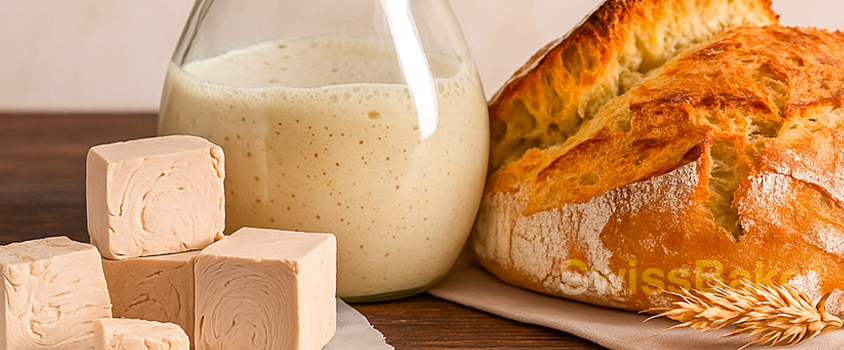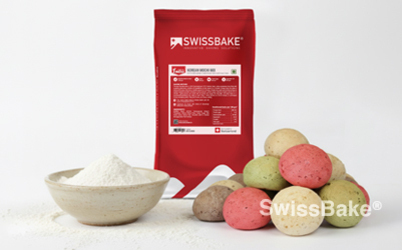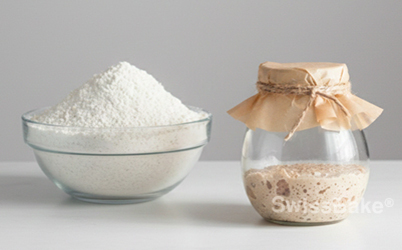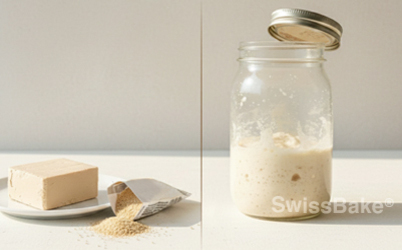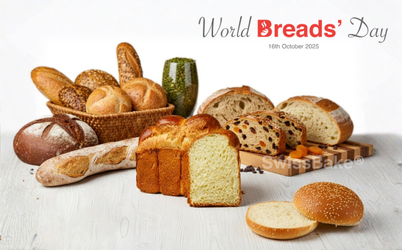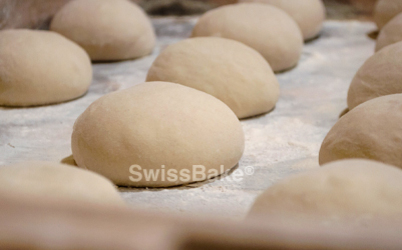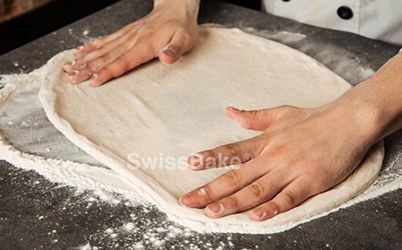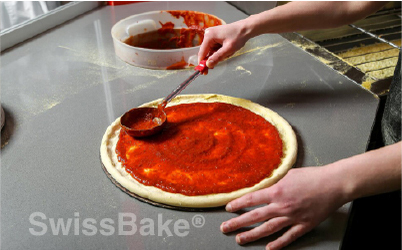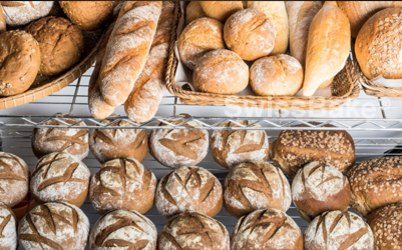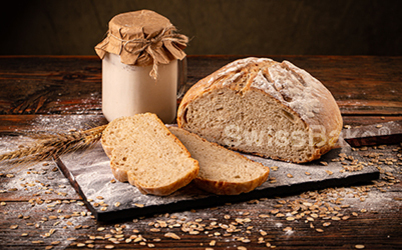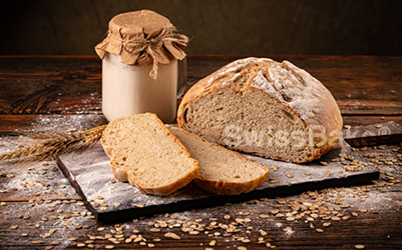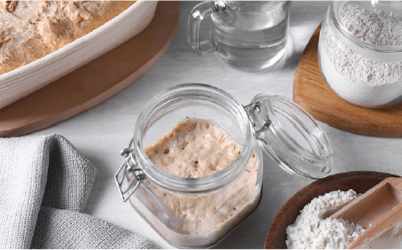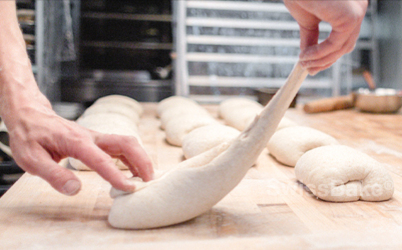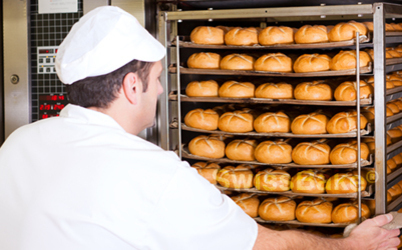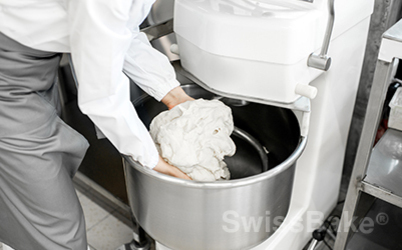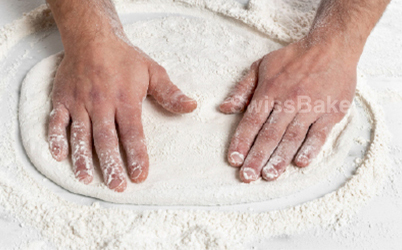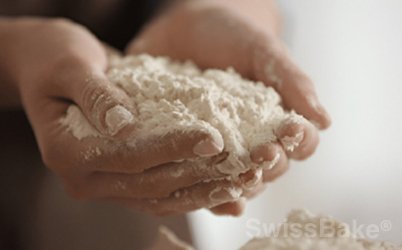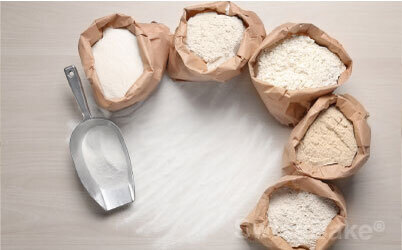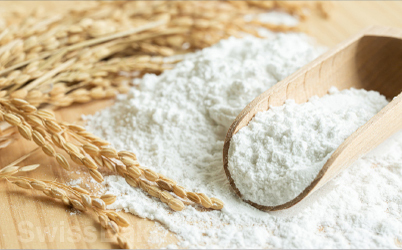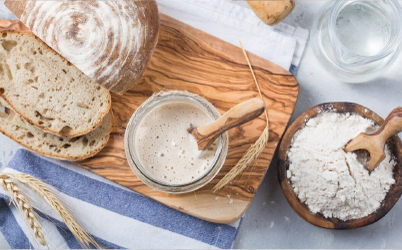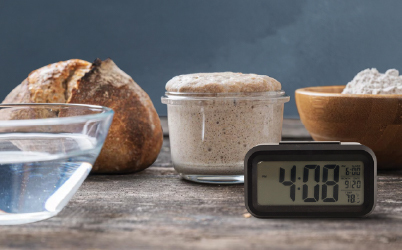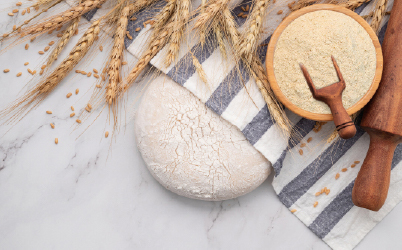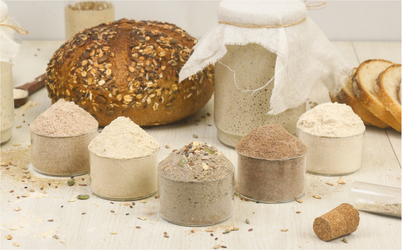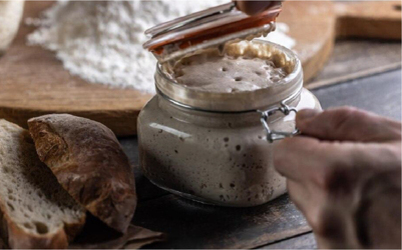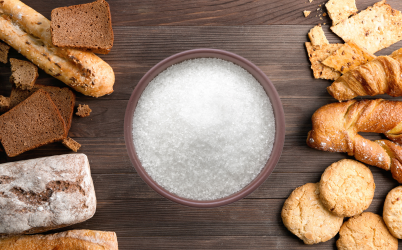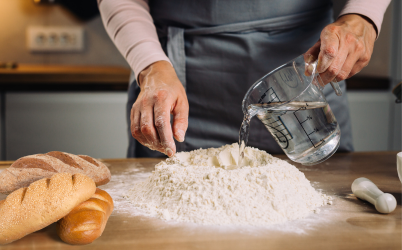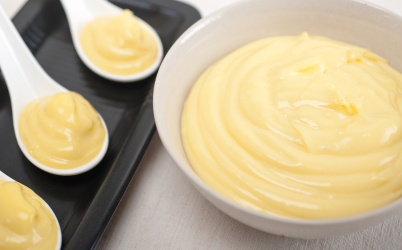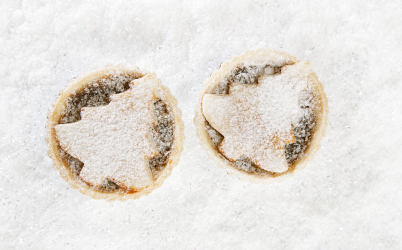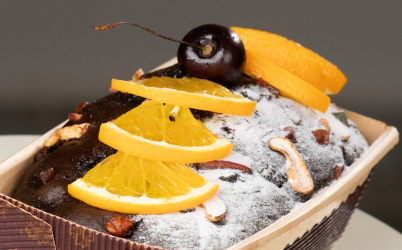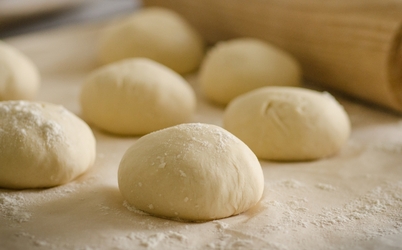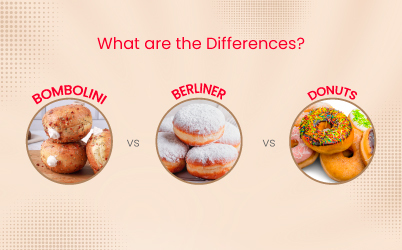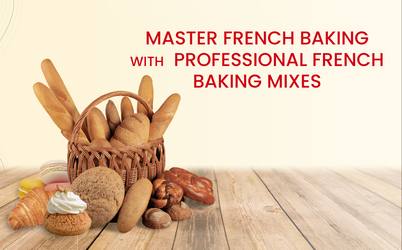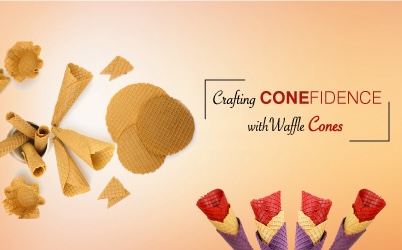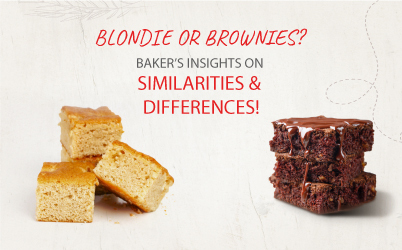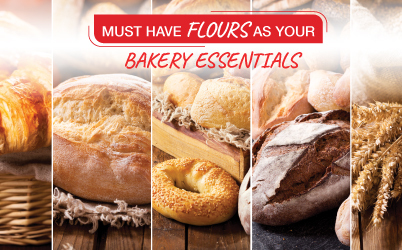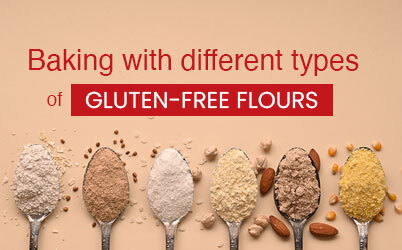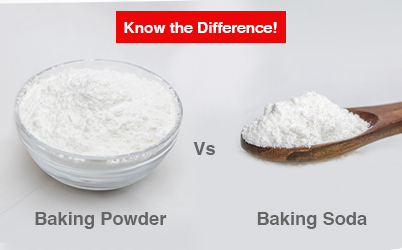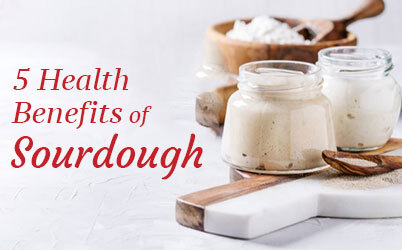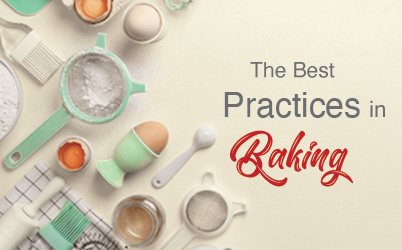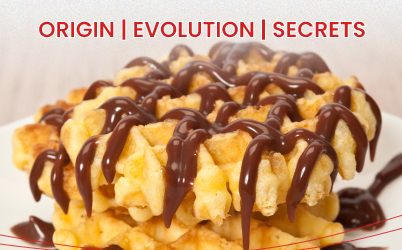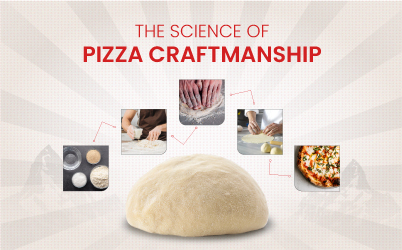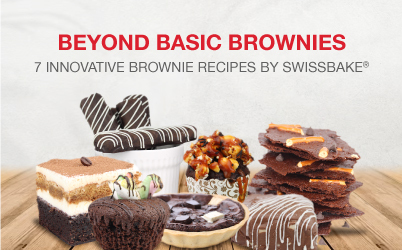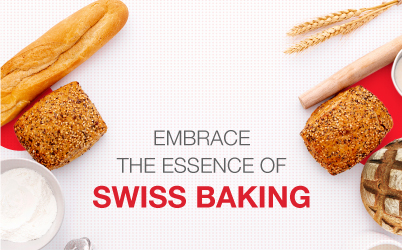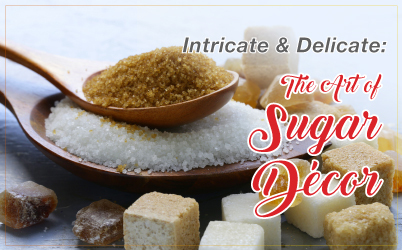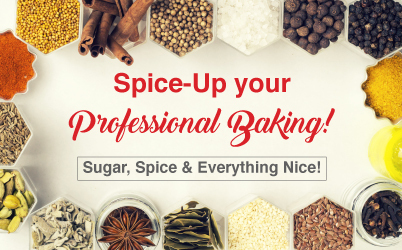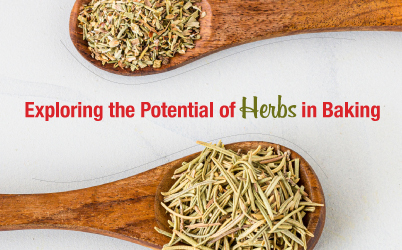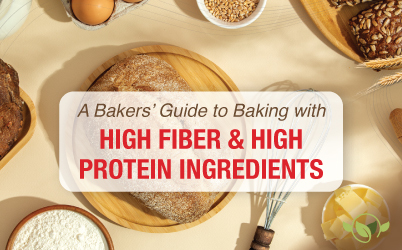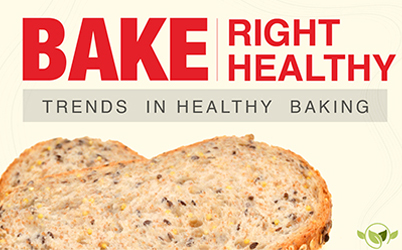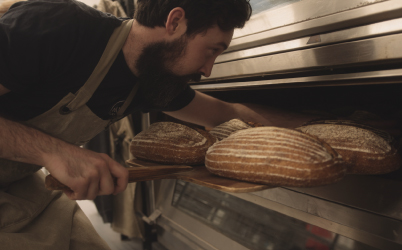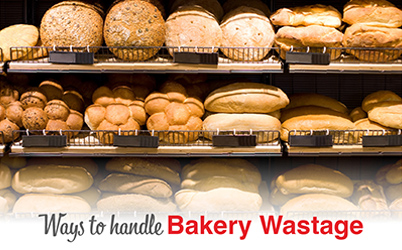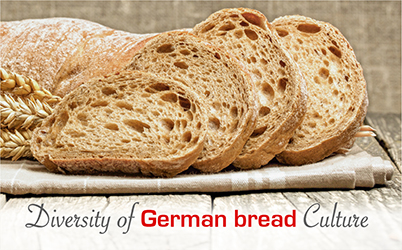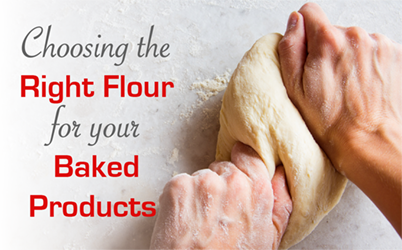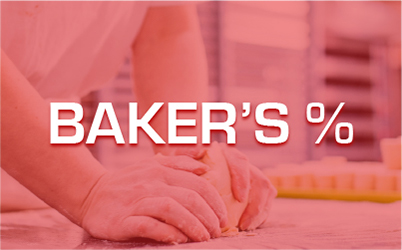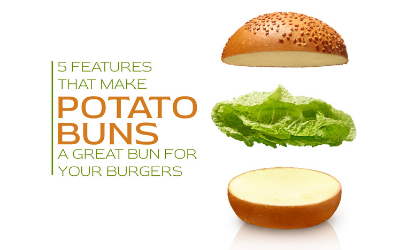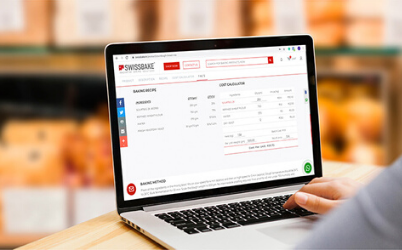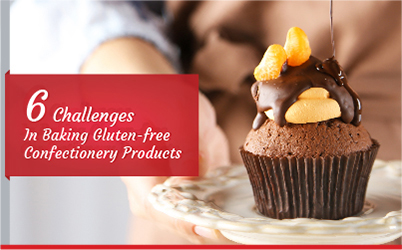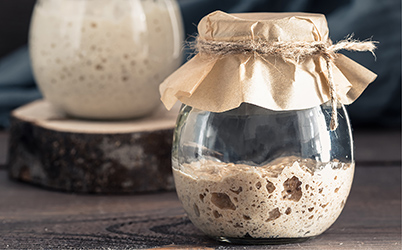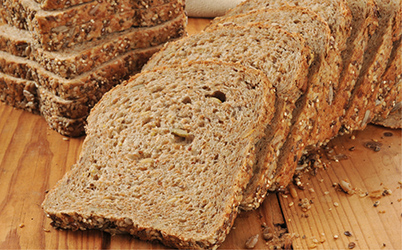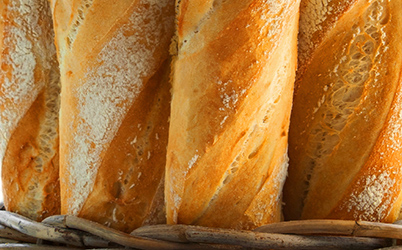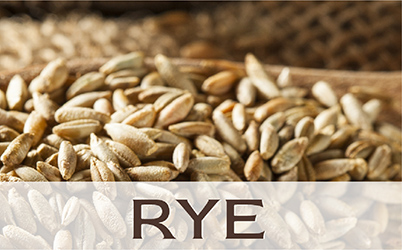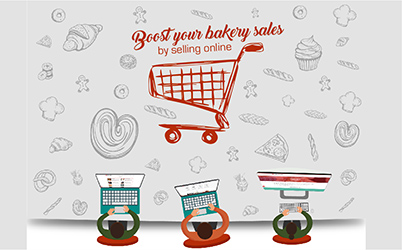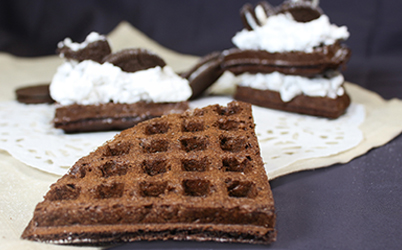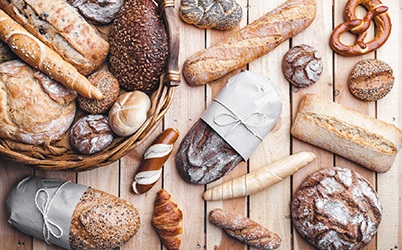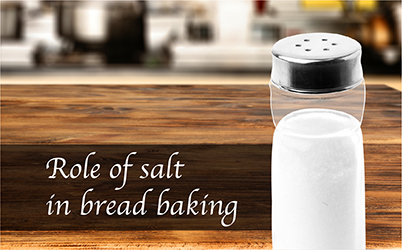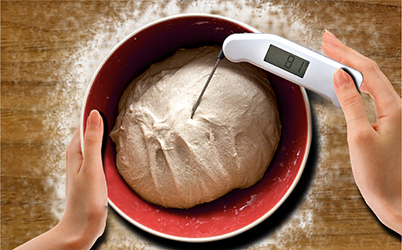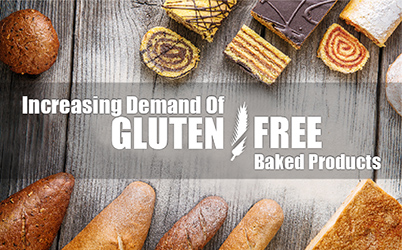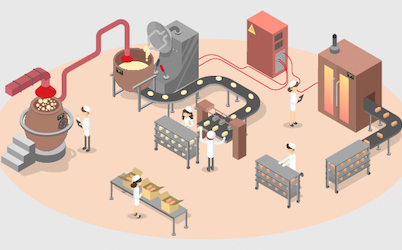Sourdough vs Yeast | Why Bakers Are Replacing or Blending?
So why are more bakers choosing to replace or blend commercial yeast with sourdough? The answer lies in evolving consumer preferences, technical benefits, clean-label trends, and innovations like dehydrated sourdough powders from le’sourdo®, which make sourdough a practical option at scale.
In this article, we’ll explore the differences between sourdough and commercial yeast, compare their roles in modern baking, and explain why more professionals are making the switch—or smartly combining both.
Understanding the Fundamentals
What Is Commercial Yeast?
Commercial yeast (typically Saccharomyces cerevisiae) is a single-strain yeast culture, bred for speed and uniformity. Available in forms like instant, active dry & fresh.Benefits:
• Fast fermentation (1–2 hours)
• Consistent performance
• Easy to scale and store
• Ideal for standard, high-output bakery lines
Limitations:
• Flat, one-dimensional flavor
• Shorter shelf life of finished bread
• Lacks nutritional and digestibility benefits of sourdough
It’s ideal for commercial and industrial bakeries with bulk production schedules.
What Is Sourdough?
Sourdough is a natural fermentation system made up of wild yeasts and lactic acid bacteria (LAB) coexisting in a flour-water culture. Key traits of sourdough:• Authentic, irreplaceable tang!
• Longer fermentation time (6–24 hours)
• Depth of flavours and aromas
• Natural dough acidification
• Enhanced nutrition & digestibility
• Improved shelf life (due to acidity)
Sourdough starters, however, require feeding, monitoring and significant experience to maintain in live form—which is where dehydrated sourdoughs like le’sourdo® offer a major advantage.
Innovative baking solutions like le’sourdo® dehydrated sourdough powders simplifies and allows bakers to incorporate these benefits without the uncertainties of maintaining live starters or compromise on authentic sensory profile.
| Aspect | Commercial Yeast | Sourdough |
| Fermentation Time | 1–2 hours | 8–24 hours (bulk and final proof combined) |
| Microorganisms | Single yeast strain | Mixed culture: wild yeast + LAB |
| Sensory Profile | Neutral to mildly sweet | Tangy, aromatic, and deeply complex |
| Dough Handling | Tighter and faster | Softer, more extensible (but trickier) |
| Shelf Life | Shorter | Naturally extended due to organic acids |
| Label Appeal | Seen as industrial | Artisan, fermented, clean-label |
Why Bakers Are Blending the Two?
Instead of choosing one over the other, many bakers are combining sourdough and commercial yeast to get the best of both worlds.Blending enables:
• Reliable leavening with yeast
• Improved flavor and aroma from sourdough
• Better texture and crust from acidification
• Cleaner labels with natural mold inhibition
• Scheduling flexibility for central kitchens
→ Use le’sourdo® powders at 3–6% of flour weight, along with a reduced dose of yeast. Ideal for:
• Burger buns with light tang
• Pizza bases with mild sour notes
• Frozen doughs that need flavor + tolerance
When to Fully Replace Yeast with Sourdough?
You can consider 100% sourdough fermentation when:• You’re producing specialty breads (rye, ciabatta, multigrain, loaves)
• You want clean-label or artisan claims
• You’re able to adapt to longer fermentation windows
• You have proofing space and chilled storage infrastructure
By incorporating dehydrated sourdough powders from le’sourdo®, bakers gain access to the benefits of sourdough without managing live cultures.
Benefits of Using Sourdough Powder as a Replacement or Blend-In
le’sourdo® offers a specialized range of fermented sourdough powders for professional and industrial applications. These allow bakeries to:• Replace a portion of yeast in the formula
• Fully replace yeast in slow-ferment applications
• Add authentic sourdough flavour to hybrid doughs
Top benefits:
• Zero feeding or discards
• Predictable acidification and flavour control
• Functional clean-label enhancement
• Easy integration into existing workflows
Popular use cases:
• Classic sandwich loaf or white soft bread
• Burger buns with soft texture + mild sour
• Rustic ciabatta with high hydration and balanced acidity
• Frozen doughs that need natural mold control
Health, Labelling & Consumer Perception
Today’s consumers are more ingredient-conscious than ever. Sourdough holds strong advantages when it comes to:• Clean-label claims: No added preservatives needed
• Digestibility: Sourdough fermentation pre-digests gluten and phytic acid
• Flavour perception: Viewed as premium and artisanal
• Natural preservation: Organic acids inhibit mold and staling
By incorporating le’sourdo® in place of chemical additives or synthetic preservatives, you’re not only catering to a demand that’s here to stay but aligning your bakeries with a health-conscious and premium positioning.
Conclusion: The Best of Both Worlds
Commercial yeast will always have its place—but sourdough is redefining what modern bread can be: flavorful, digestible, clean, and character-rich.Thanks to innovations like le’sourdo® range of dehydrated sourdough powders, bakers no longer have to choose between speed and authenticity. Whether replacing or blending, sourdough gives your products a competitive edge—visually, technically, and commercially.
le’sourdo® brings you the freedom of fermentation—without the complexity of culture maintenance. Tradition, modernized.

